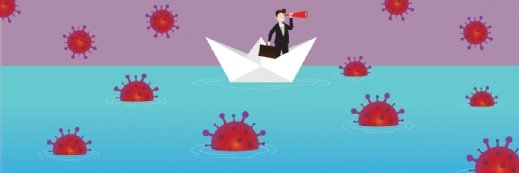
Getty Images/iStockphoto
CDC issues health advisory on parvovirus B19
The organization cites a rising number of IgM antibodies for the disease, indicating higher infection rates.
On August 13, 2024, the United States Center for Disease Control and Prevention (CDC) issued another health advisory for a respiratory virus through its Health Alert Network (HAN). The advisory warns the public about rising rates of human parvovirus B19 activity nationwide.
According to the press release, 14 European countries reported unusually high numbers of human parvovirus B19 in the first quarter of 2024; however, there is generally no routine surveillance for the virus in the US.
Despite a lack of regular surveillance, the CDC has received reports of high rates of human parvovirus B19 across the nation. In the release, the CDC states that many samples and clinical specimens have tested positive for the virus domestically.
For reference, between 2022 and 2024, less than 3% of the US population had IgM antibodies for human parvovirus B19; however, by June 2024, that number had increased over three-fold to 10%. Data reveals that the 5–9 year olds are the most impacted, jumping from 15% in 2022–2024 to 40% in June 2024.
Human parvovirus B19 is a respiratory virus transmitted via respiratory particles, blood or blood products, or during pregnancy. According to the CDC, many patients with this infection are asymptomatic, and when symptoms do appear, they are generally mild for most patients. The most common symptoms include fever, headache, cough, sore throat, rashes, and joint pain.
Among these symptoms, the most common is a rash, colloquially called a “slapped cheek” rash. This rash most commonly causes redness in the face but can also impact the chest, back, buttocks, arms, or legs.
Although many of these symptoms are mild in children and healthy adults, they can cause detrimental impacts and complications, including a severe drop in blood count, for several patient populations, including individuals who have leukemia or other cancers, HIV infection, blood disorders, those who have had an organ transplant, or pregnant individuals.
The CDC advises the public to educate themselves on human parvovirus B19, seek medical care if they have been exposed to the condition or are experiencing symptoms, and practice general respiratory precautions.





